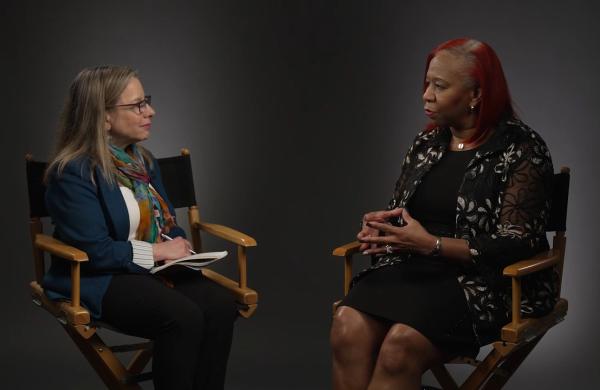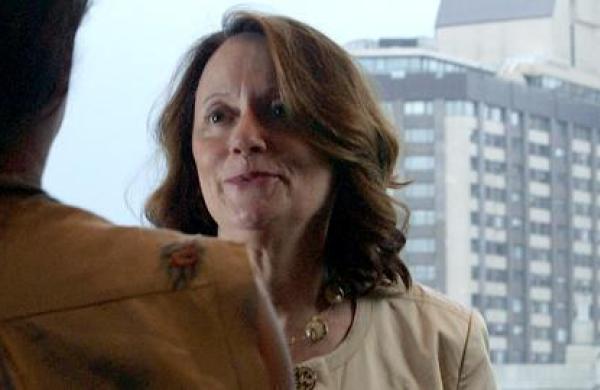Hedge funds “inexperienced” in derivatives may be using credit default swaps in “inappropriate ways,” according to HF adviser Hennessee Group. While credit-oriented hedge funds have been using CDS for several years, long/short equity hedge funds, says Charles Gradante of Hennessee, have gotten into the game more recently in three ways: by purchasing CDS on corporate bonds designed to profit from a “widening in corporate credit spreads; buying CDS on sub-prime mortgage backed fixed income securities and indices with the hope of profiting from deterioration in credit quality among mortgage buyers; and picking up CDS on emerging market government debt designed to profit from a decline in a country’s credit quality.” Hedge funds have helped boost the notional value of CDS by 52% in the first half of 2006 to $26 trillion, according to the International Swaps and Derivatives Association. “While there doesn’t appear to be any imminent risks to the credit markets caused by hedge funds,” Gradante said in a statement, “we are concerned about the use of these instruments by funds that are not well-versed in how these markets trade and the dynamics of counter-party risk.”
Hennessee isn’t the only one concerned. A study by the Credit Derivatives Research is claiming that derivatives traders, such as hedge funds, are increasingly profiting from insider information on leveraged buyouts and other takeovers. “The evidence keeps building that there is a problem here,” Michael Greenberger, a professor at the University of Maryland School of Law who formerly was a director of trading at the Commodity Futures Trading Commission, said in a Bloomberg News article, commenting on reports that CDS prices increased in four of the five largest LBOs this year before the deals were publicized. “If there continues to be reports of this kind coming out, it’s going to suggest that at least a hard look needs to be taken at what’s going on,” he said. Not everyone thinks it’s a big deal. Tim Backshall of Credit Derivatives Research, acknowledges that there is evidence that CDS prices are widening before deals are announced, but he said it is “unclear” whether it’s insider trading or “more informed selling. That could simply be a reflection of smart players in the market buying protection.”




